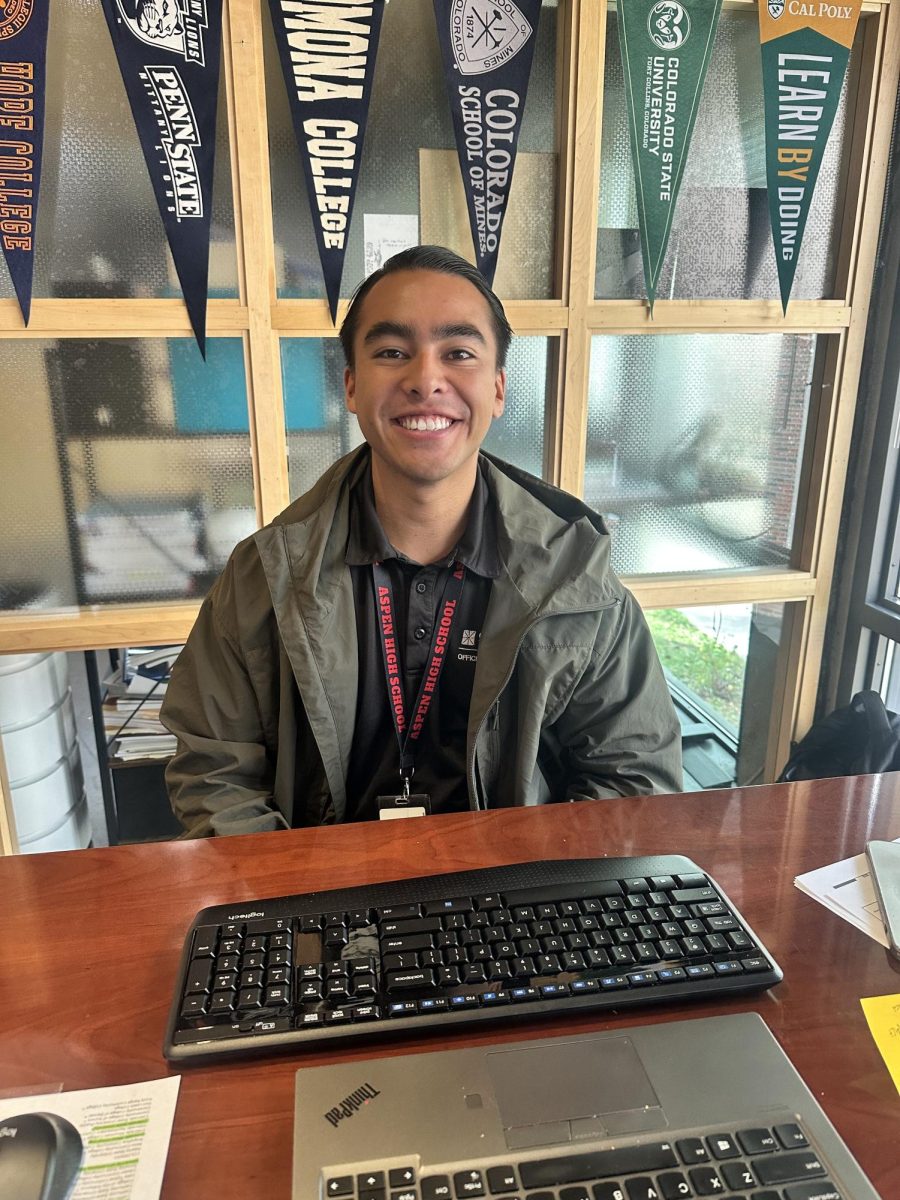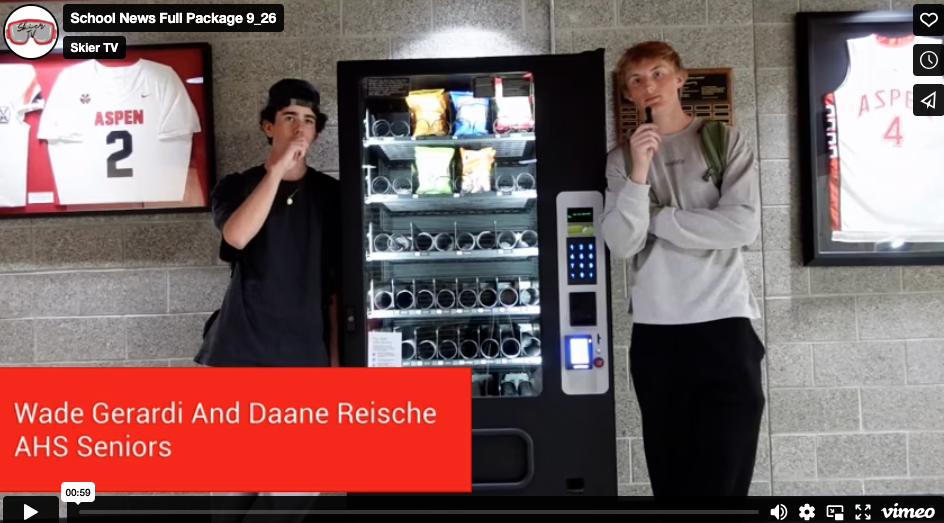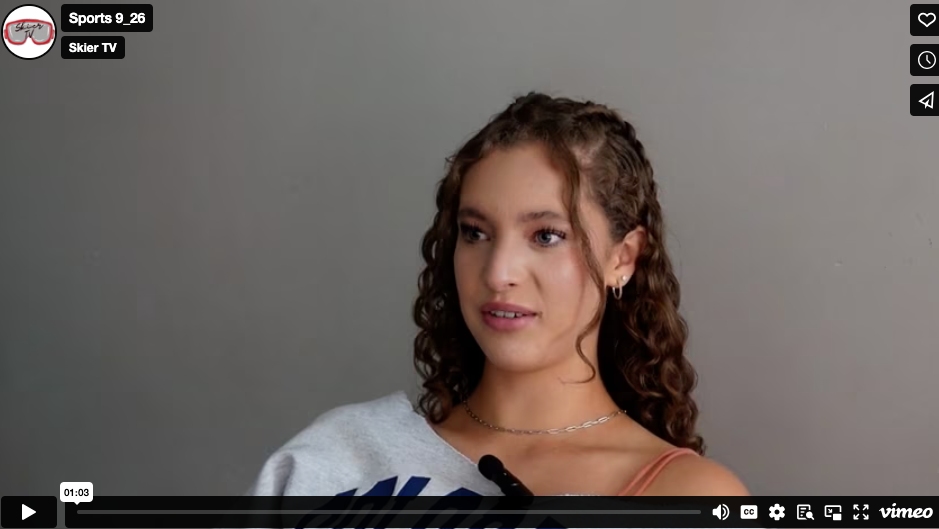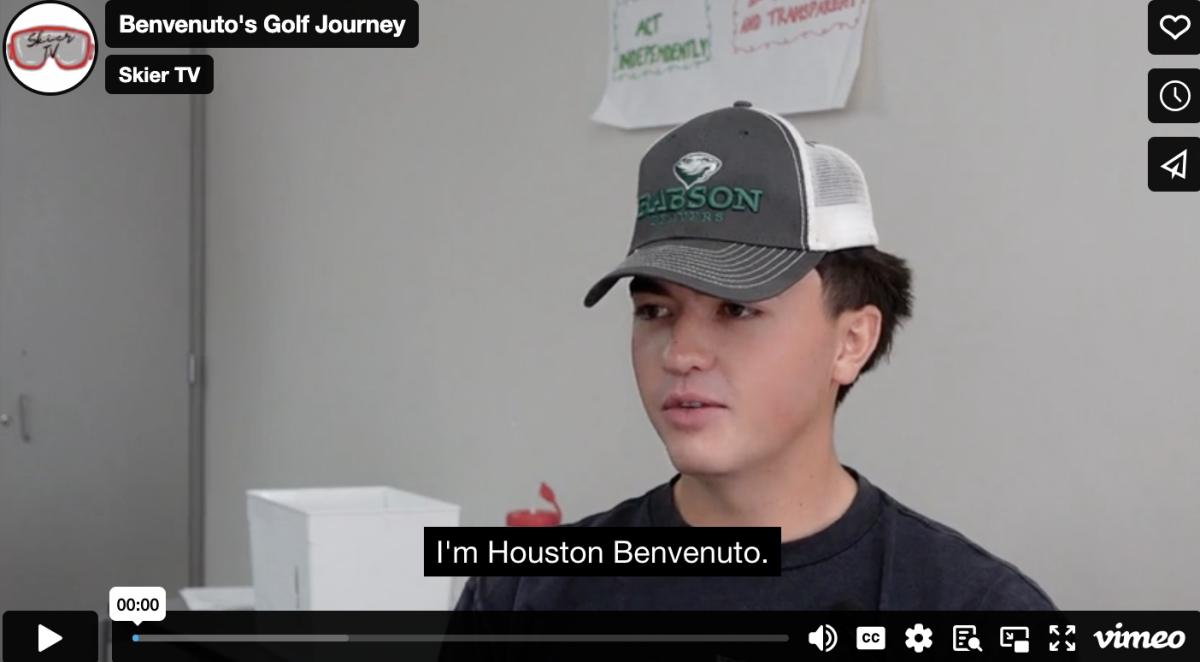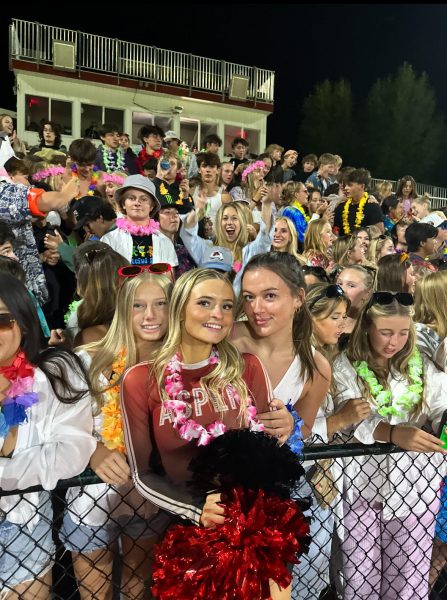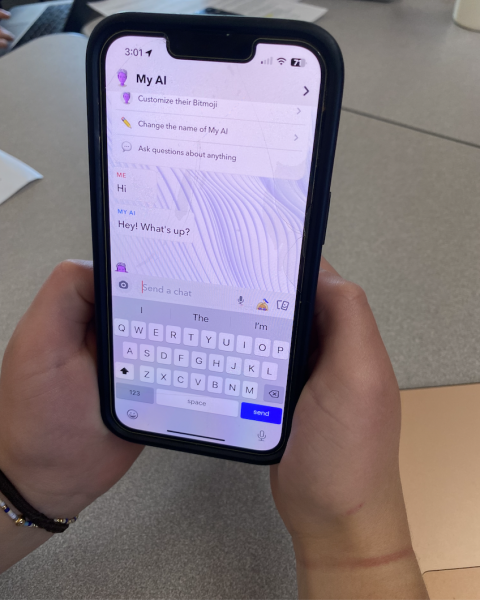ROOTS Counseling Group Makes Positive Change in Peers’ Mental Health
High school students from across the Roaring Fork Valley are making positive changes in the mental health of their peers as trained counselors.
The group trains students in dialectical behavior therapy and psychodynamic theory in a 6-week program from 4:30-6:00 at the Aspen Chapel, and is called Roaring Fork Organization of Therapy Services, or ROOTS, because “roots nurture trees and growth, they’re really spread out, and they’re sources of structure in people’s lives,” according to Hannah Smith, an AHS senior and member who now has her counseling license.

“…It’s really difficult for teenagers to approach adults who they may not know very well sometimes for therapy, and they may be more comfortable approaching peers that age, and that was the purpose behind the peer counseling,” Smith said. “…All of us are just filled with so much empathy because of our own experiences that we want to help other people,”
They are being trained by Jennifer Johnston-Jones, a clinical psychologist with 17 years of experience and 23 years as a physiotherapist, and author of Transformational Parenting and Transformational Education.
“They’re learning the same skills that someone would in graduate school,” Johnston-Jones said. And this comes at a time when it is very needed: Colorado had one of the highest suicide rates in the nation in 2020, according to Colorado Health and Environmental Data.
“There’s a lot of people in our community and in the world right now that are suffering,” Johnston-Jones said. “We want to create a community where people can really help each other, not just say, “Oh, I’m sorry’, you know, but really learn skills that can be helpful, because most people don’t have the resources to go see a psychologist or a therapist…there’s lots of things that get in the way,” Johnston-Jones said.
This is why ROOTS aims to improve access to mental health services for everyone.
“If regular people can be trained in professional ways of helping, not that they’re replacing a professional, but they can sort of be a bridge- it’s going to help more people have access to health, and then hopefully we can not only prevent suicides, but help people be the best that they can be, develop their potential, and create a community of kindness and trust and support,” Johnston-Jones said.
Book a session to talk to a licensed peer counselor or find more information on their website, rfvroots.com.

Harper Axelman is a senior at AHS and this is her third year writing for The Skier Scribbler. She enjoys spending time outside, skiing, and...




